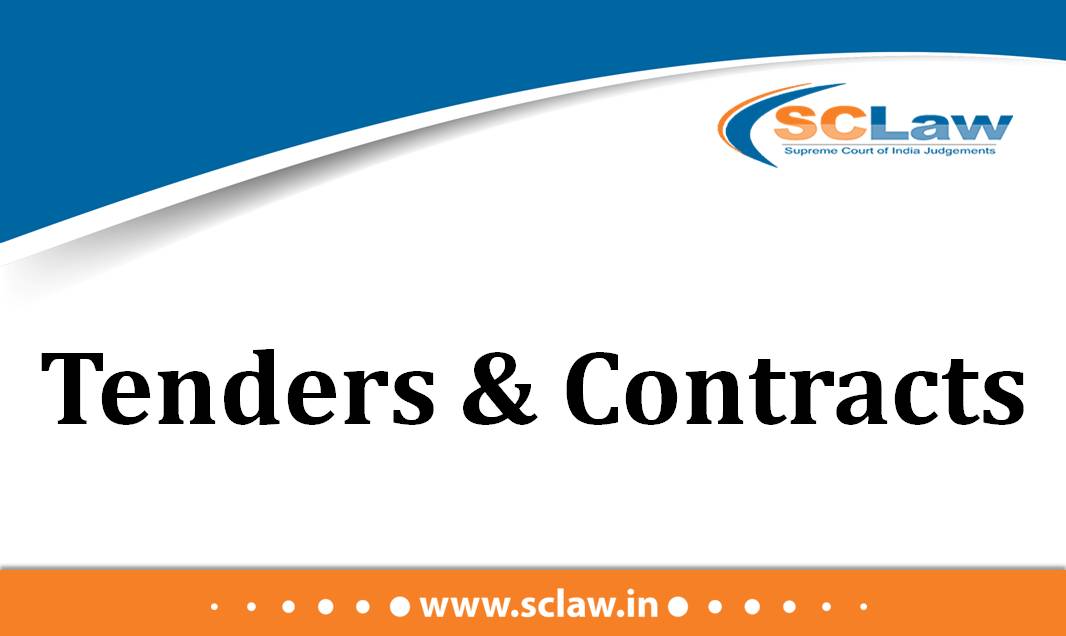Determining Equivalence — The decision on whether a particular qualification should be regarded as equivalent to the prescribed qualification lies with the state or the recruiting authority, not the court — This is a technical academic matter that cannot be implied or assumed. — Any decision by an academic body or university regarding the equivalence of qualifications must be made through a specific order or resolution, which should be duly published — A mere certificate without such formal backing is not sufficient to establish equivalence.
2024 INSC 580 SUPREME COURT OF INDIA DIVISION BENCH SHIFANA P.S. — Appellant Vs. THE STATE OF KERALA AND OTHERS — Respondent ( Before : Hima Kohli and Sandeep Mehta,…








